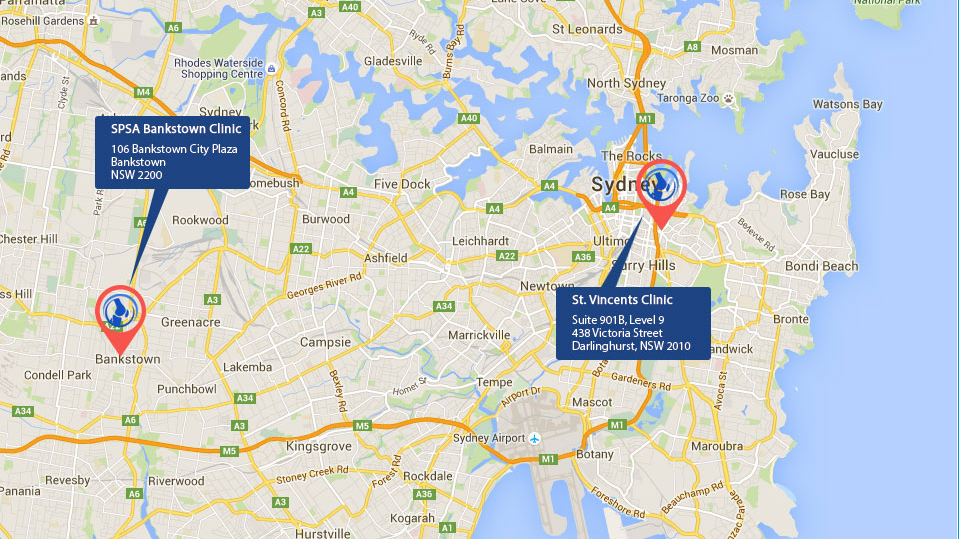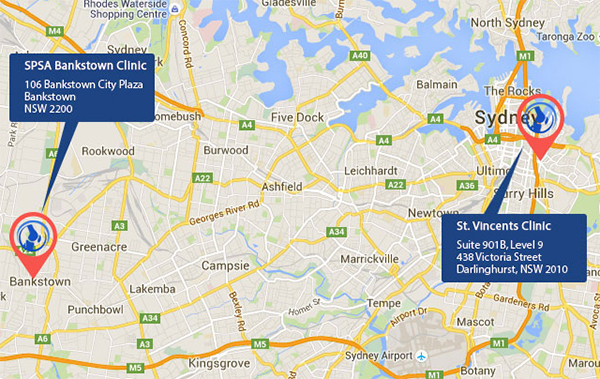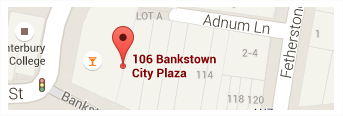Before Joint Replacement Surgery
Some tasks to consider prior to surgery:
- Examine all educational material given to you
- Ask your surgeon or hospital staff any questions you may have
- Prepare your home for your return after surgery
- Prepare yourself for surgery
- Identify a person to provide assistance when you return home
Preparing Your Home for Return
As you will be experiencing restricted mobility upon your return home after surgery, we have created a list of modifications you might consider in order to make your home life as comfortable and as safe as possible.
Walkways
- Remove loose rugs wherever possible to avoid tripping.
- If you cannot remove rugs, add a non-skid backing.
Stairs
- Make sure handrails are well anchored on both sides of the stairway (if applicable).
- Place non-skid treads on the edge of each step to prevent slipping.
- Make sure any carpeting on stairs is secure and flat.
- Count the number of stairs both inside and out of the home, let your physiotherapist know the number.
Furniture layout
- Arrange furniture so that pathways are not cluttered and allow enough space for a walker, crutches or walking stick.
- Avoid furniture with sharp edges and corners. If your furniture has sharp edges and corners, pad them.
- Keep extension and telephone cords out of your pathway.
- If possible, move your bed to the ground floor of your home.
- Select one chair that you can use after you arrive home from hospital. It should have armrests and a high back. This will make things more comfortable and easier for you to get in and out of a sitting position. If you do not have such a chair let the hospital staff knows and they can help you to arrange for something similar.
- Provide good lighting throughout the house.
In the kitchen
- Prepare an ample amount of food ahead of time and store it in small containers in the freezer for simple reheating, or you can stock up on frozen dinners.
- Move frequently used kitchen equipment (pots, dishes, utensils, etc.) to the level between your waist and shoulder height. This will help avoid excessive bending and lifting.
- Only use the front burners of the stove to avoid reaching over hotplates.
Toilet
- Ask hospital staff about renting a raised toilet seat or commode chair for ease of getting onto and off the toilet.
Bathroom
- Have a chair available to use when you have a shower.
- Purchase a slip-resistant mat for the bathroom floor.
Footwear
- Do not wear open toed slippers or shoes without backs as they do not provide adequate support and can lead to slips and falls.
Your occupational therapist and nursing staff will be able to advise on any special requirements you may have and any equipment you may need. They can help to arrange home modifications such as:
- Rails for stairs, bathroom and toilet.
- Ramps
- Equipment such as raised toilet seat and shower chair.
- Walking frame/crutches and other devices to help with day-to-day living.
Preparing Yourself for Surgery
Commit to the success of your surgery. Working as a team, you, your surgeon, physiotherapist and your family should adopt a positive attitude towards the success of your surgery. Together, you will gain a clear understanding of the common goals and expectations of the procedure. You should also communicate your post-surgery personal goals to your surgeon and your physiotherapist so that everyone can work together to achieve these goals.
Be aware that remaining as active as possible in the time leading up to your surgery may contribute to the success of your surgery. It is however, important to avoid high impact exercise such as running.
Your surgeon may initiate a home exercise program before admission to hospital, this has the potential to aid your recovery in the post-operative period.
Activities may include:
- Walking
- Swimming
- Bicycle (stationary)
These exercises can help you to stay strong and flexible. Seek your doctor’s advice before beginning any exercise program.
Some Important General Health Advice Pre-Surgery
- Have a general check up with your dentist
- You will be advised at the Pre-Admission Clinic which medications to stop taking
- You should stop smoking as long as possible before the operation
You must notify your surgeon without delay if you have any sort of infection, as they may need to reschedule your surgery. Also let your surgeon know if you have any skin cuts or abrasions.
Social Planning
Although you will be able to walk soon after surgery it generally takes 4-6 weeks to become independent. You may need some help for several weeks with tasks such as cooking, showering, shopping and laundry. If you live alone a case manager at the hospital can help you make advance arrangements to have someone assist you at your home if necessary.
What to Bring to Hospital Checklist
We have created a checklist of items you may wish to bring to hospital:
- Nightwear
- Comfortable, knee length clothing including a mid-length robe
- Socks and underclothes
- Non lace-up, flat, closed shoes with a non-slip sole
- Current walking device (if using any)
- Toiletries
- X-rays (if applicable)
- All medications you take regularly
- Identification and insurance details (if applicable)
- Telephone numbers and names of family, friends and caregivers who will take you home from the hospital
- Radio and headphones
- Hearing devices and extra batteries (if applicable)
- Dentures and containers (if applicable)
- Books or magazines to read



















